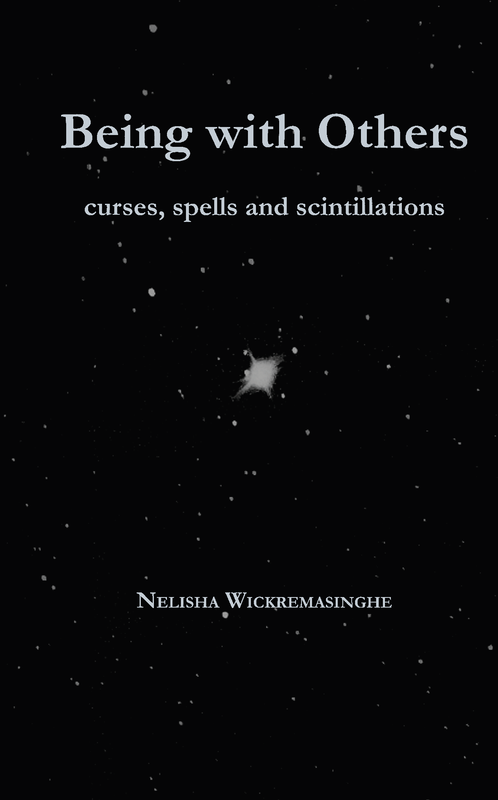|
"Don’t be misled by the title, this is no Harry Potter novel but a rounded look at the theory behind some of our ingrained patterns of behaviour and how these trigger our ‘threat brain’ and negatively impact our relationships (the five curses). The author clearly explores the underlying psychology and neuro biology with a light touch and uses stories from her practice to illustrates points. In Part 3 she outlines choice points that enable us to challenge some of our own curses and build imaginal and relational capability and thereby more positive behaviours.
This book will help you to understand both how to live and work more effectively and will be useful for anyone who wants to understand themselves and their relationships better. Partly written during the Covid-19 lockdown it was helpful to see the author reference some of the home and workplace relational and behavioural tensions that so many people have experienced. Highly readable, informative and helpful for both personal and professional life this book resonated with the relationships in complex systems where power and control dynamics are not always healthy and relationships in your ‘work family’ can be hard to navigate. A really useful read for leaders in organisations and commissioners of leadership development programmes." Elizabeth Bradbury, Director Advancing Quality Alliance (AQuA) |
Being with Others: curses, spells and scintillations
|

